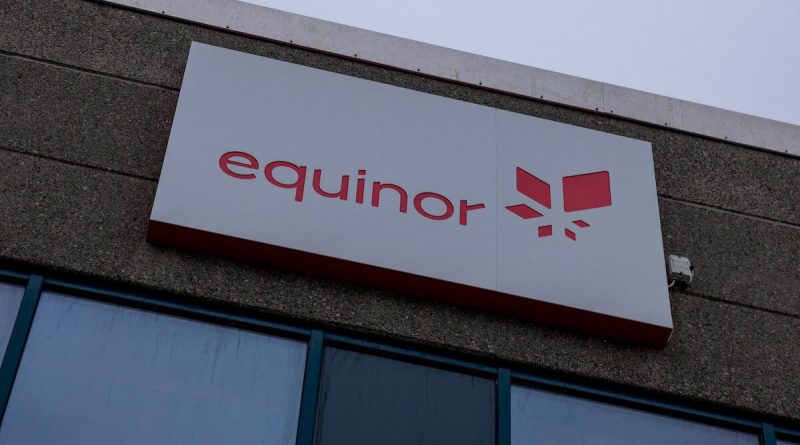Equinor Weighs Potential Participation in Germany’s Major Gas-Fired Power Expansion Plan
Equinor says it is reviewing possible involvement as Germany prepares large tenders for new gas-fired capacity designed to stabilise the country’s rapidly expanding renewable energy system.
Norwegian energy producer Equinor is taking a closer look at whether it can play a role in Germany’s upcoming programme to build new gas-fired power stations, with senior leaders saying that while discussions are underway with key industry players, the company still needs clearer details before making any commitment to participate in the multi-year tender process.
Germany plans to tender eight gigawatts of new gas-fired generating capacity next year, followed by an additional two gigawatts in 2026 and 2027, as part of a strategy designed to provide the flexibility and backup required to support a grid that is increasingly powered by renewable energy sources such as wind and solar.
The new capacity is intended to ensure that Germany can maintain energy security as it continues its transition away from coal and nuclear power, with policymakers emphasising that gas-fired plants will serve as a stabilising bridge that can supply electricity during periods when renewable output is low due to seasonal or weather-related fluctuations.
Equinor’s head of the power business said the company has spoken with multiple actors who are likely to be central figures in the tender process, but stressed that many critical economic elements remain unclear, making it necessary to wait for additional information before reaching any decision on whether or how the company might take part in the German build-out.
Executives noted that the structure of the tender—including long-term terms, support mechanisms, project requirements and overall financial framework—will significantly influence Equinor’s evaluation, since the company must ensure that any involvement aligns with its commercial priorities, long-term strategy and risk considerations.
Equinor traditionally enters power plant projects through joint ventures or partnerships rather than acting alone, and executives indicated that this model remains its preferred approach, pointing to similar arrangements in Britain where it already participates in gas-fired generation alongside renewable energy assets.
Earlier this year, the company formed a unified power division that brought its renewable activities, conventional power assets and energy management functions into a single unit, creating a broader platform that now includes offshore and onshore wind farms, solar installations, battery storage systems, and existing gas-fired facilities across different markets.
This restructuring is aimed at strengthening Equinor’s long-term position in the evolving European energy landscape, allowing it to invest in projects that combine reliability, low-carbon technologies and market flexibility while supporting the continent’s ongoing transition toward cleaner power.
Norway remains Germany’s largest supplier of natural gas, with Equinor serving as the country’s primary producer and benefiting from extensive pipeline infrastructure that connects directly to Germany, as well as new LNG import terminals that provide additional pathways for supplying gas to the European market, strengthening energy security across the region.
Equinor currently sources gas for its British power plants on the open market, but the company indicated it may consider supplying its own gas directly to potential future German projects if doing so is commercially advantageous and consistent with the tender’s conditions.
Analysts note that Germany’s tender process represents a significant opportunity for companies in the energy sector, as the country seeks to balance ambitious decarbonisation goals with the need for reliable power generation that can stabilise the system during periods of renewable variability.
Gas-fired power stations are widely seen as essential for preventing supply shortages during the transition period, especially as Germany accelerates the phase-out of coal and continues to refine its long-term energy roadmap aimed at building a resilient, low-emission electricity network.
For now, Equinor is taking a cautious but open position, indicating that economic clarity, regulatory certainty and the availability of strong project partners will ultimately determine whether it becomes a participant in Germany’s next phase of power sector development.



